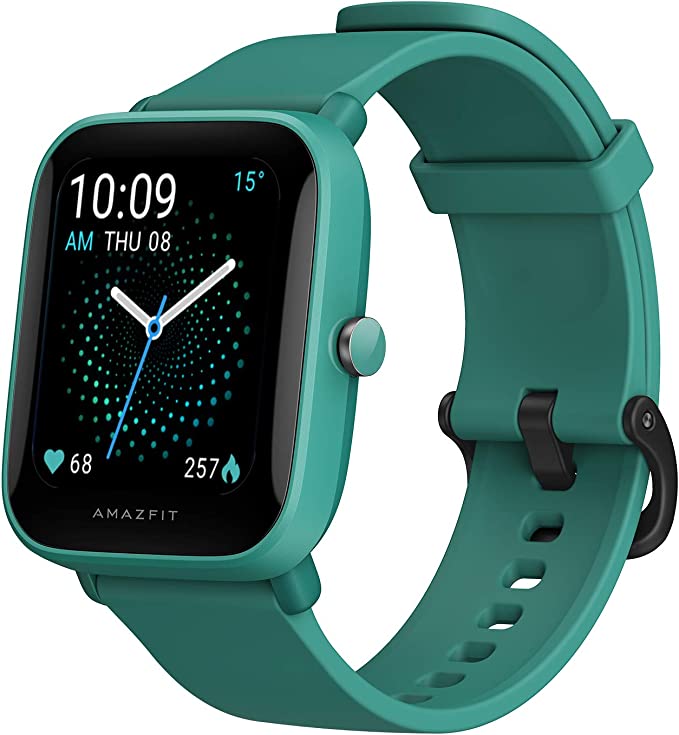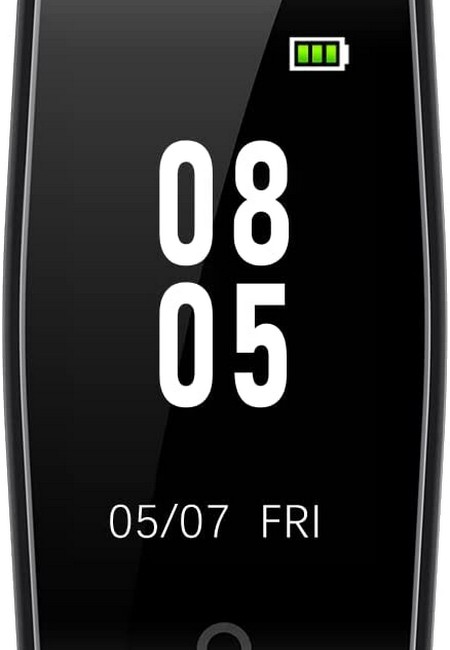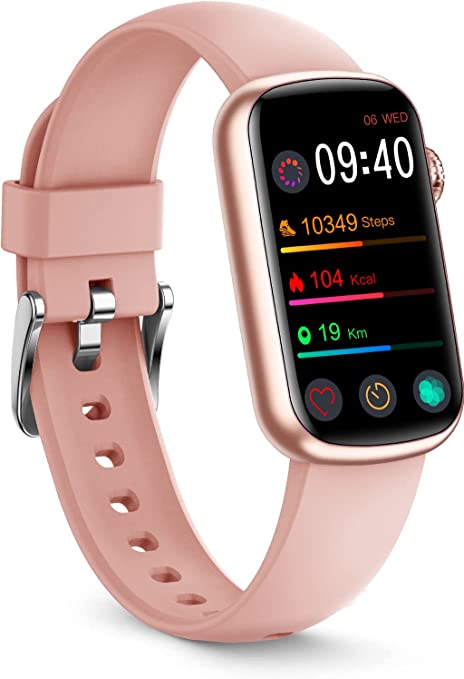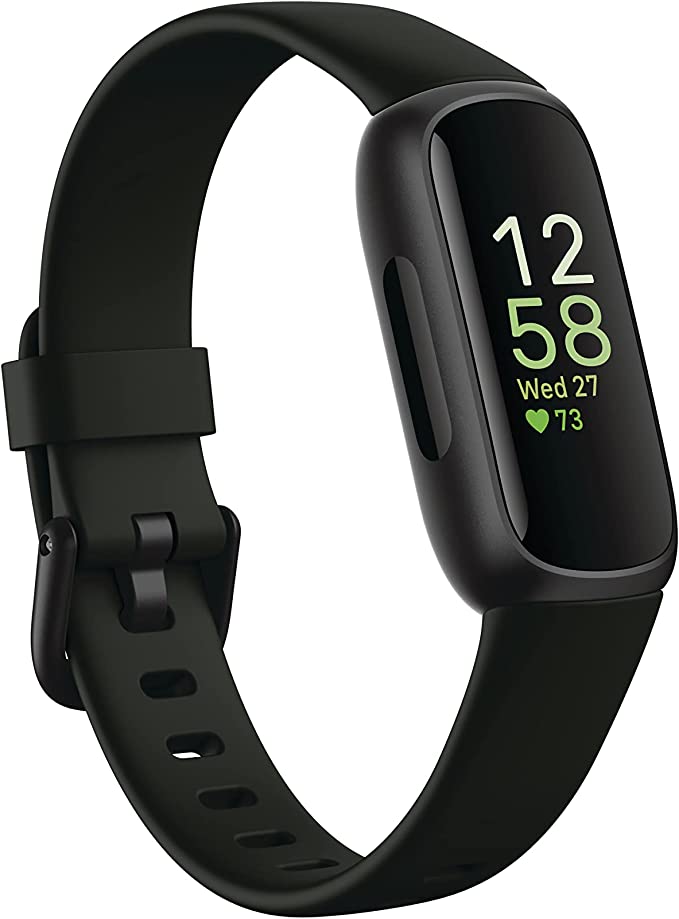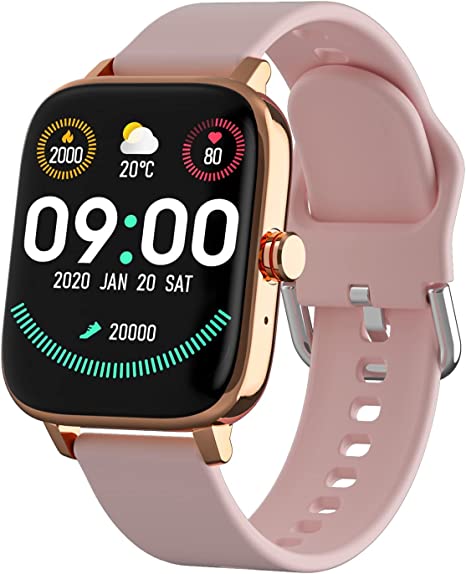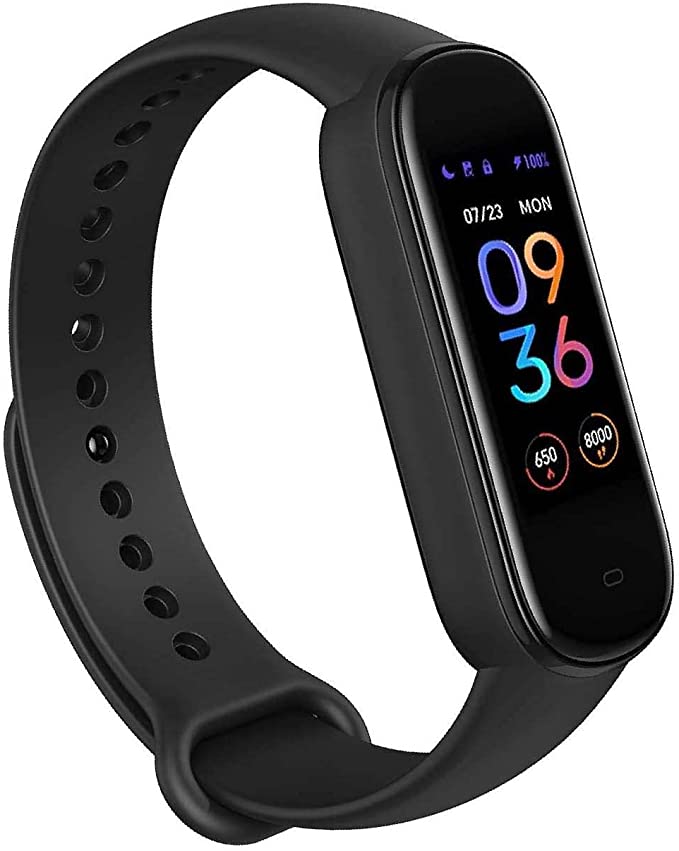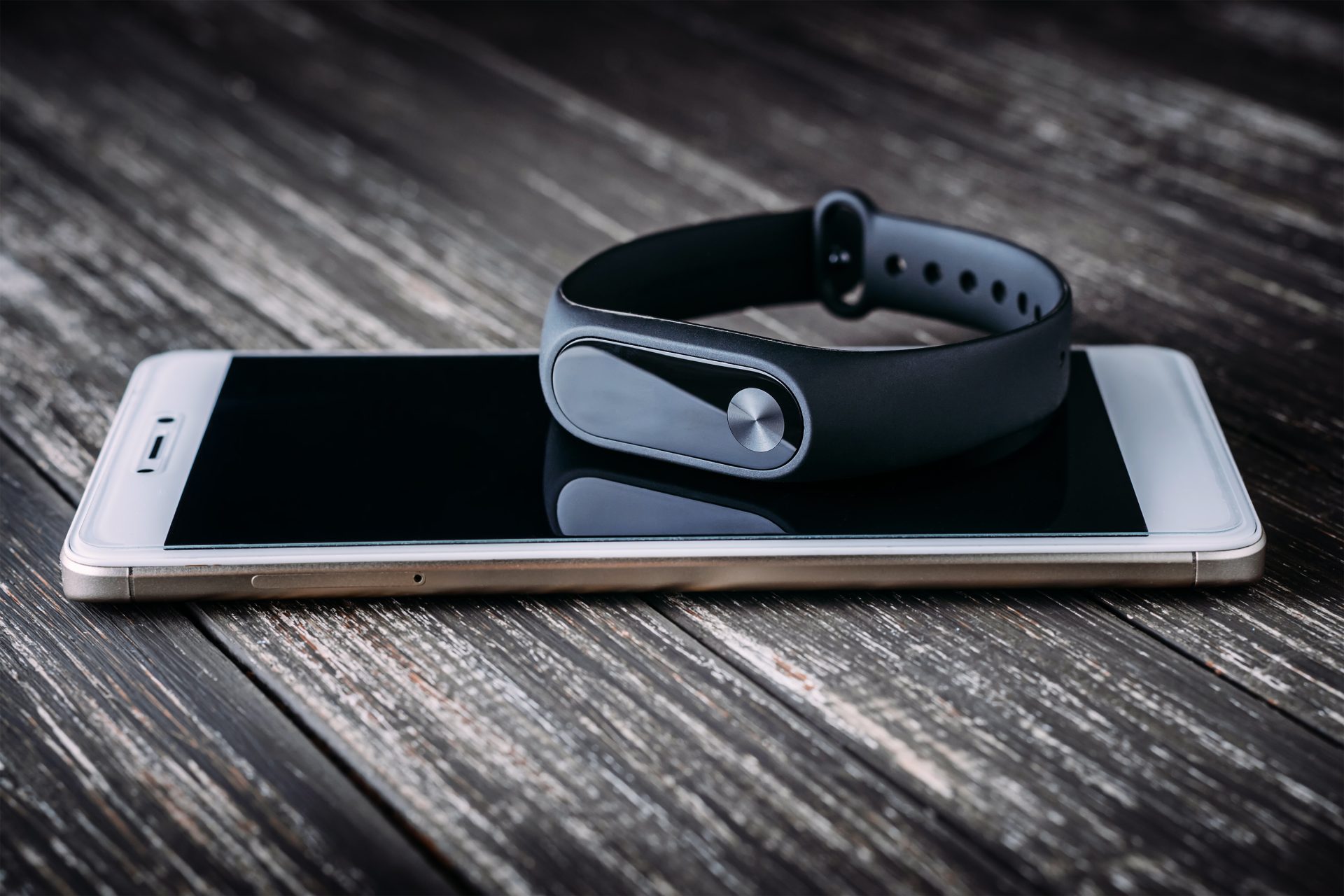
The 6 Best Fitness Trackers
Fitness trackers are incredibly useful for measuring your workouts, yes, but they can do much more than that. If you’re like me and like to see data when making decisions, a fitness tracker is an essential tool!
Here are six that I think will make a great addition to your routine.
From Tosca
Keep your fitness journey on track.
Fitness trackers have become a popular way to track daily workout activity. And yes, knowing the number of steps you’ve taken or your average heart rate is helpful, but most fitness trackers can do much more! Many fitness trackers offer stress monitoring, menstrual cycle tracking, water intake reminders, recovery, and more.
I hope one of the fitness trackers on this list will empower you to take a more proactive and holistic approach to your overall health.

Amazfit Bip U Pro Smart Watch
$70
Pros
- 9-day battery life
- Over 60 dedicated sports modes
- Water resistant up to 50 meters
Cons
- Some instructions may have translation issues
The Bip U Pro is a smart choice because it walks right down the middle of the line between a higher-end option and an entry-level option. The built-in Alexa functionality makes it easy to use. Its other functions include GPS, stress tracker, distance tracker, heart rate monitor, sleep monitor, breath monitor, menstrual cycle tracking, and music player.
GRV Fitness Tracker
$26
Pros
- Slender, low-profile design
- 7-day battery life
- Works with & without additional fitness app
Cons
- Must be set up again if runs out of battery
This GRV fitness tracker is an accessible basic fitness tracker, giving you all the foundational metrics you want without a bunch of bells and whistles. This option is one of the few that doesn’t require a mobile device or an app to function, which means absolutely anyone can use it.
FITVII Slim Fitness Tracker
$60
Pros
- Waterproof
- Smaller design for slender wrists
- 15-day battery life in standby mode
Cons
- Blood pressure readings may not be accurate
The FITVII Slim was made explicitly for AFAB (assigned female at birth) people. In addition to tracking sleep, activity, various sports, blood oxygen saturation, and energy usage, it monitors and even reminds you of where you are in your menstrual cycle. It may look delicate, but it brings robust data.
Fitbit Inspire 3 Health & Fitness Tracker
$100
Pros
- 10-day battery life
- Includes 6-month premium Fitbit membership
- Offers stress management functions
Cons
- More expensive
The Inspire 3 isn’t just a fitness tracker—it’s a wellness tracker. This one little device can help improve your sleep, manage your stress, monitor your activity levels, and keep you up-to-date with notifications. It also comes with 6 free months of Fitbit Premium, so you can take advantage of additional features.
KAKTIN Smart Watch, Fitness Tracker
$36
Pros
- Larger display
- Receives Bluetooth notifications
- Compatible with iOS 10.0 and higher, Android 5.0 and higher
Cons
- Strap may be too long for some users
The KATKIN smartwatch is another more straightforward option, but with a bigger display and some more advanced functionalities. In addition to general fitness tracking, this model allows you to answer phone calls, read text messages, choose your favorite watch face, play music, and so much more.
Amazfit Band 5 Activity Fitness Tracker
$39
Pros
- 11 sports modes
- 15-day battery life
- Comes with Alexa functionality
Cons
- Raw data is difficult to interpret for uninitiated
The Amazfit Band 5 is made to go where you go. Its slim, low-profile design makes it so easy to wear, and with 15 days of battery life and water resistance up to 50 meters, you rarely have to take it off! And thanks to its Alexa functionality, you don’t need to hunt for the features you want— Alexa will find them for you.
Buyer’s Guide
What to Look for when Buying a Fitness Tracker
While any of these fitness trackers will monitor and document your activity levels, not all are equipped to fit your unique lifestyle. Looking for these elements will help you choose the best option for you.
Battery Life
Battery capacity varies depending on your settings and usage, but most fitness tracker companies will tell you what the model’s battery life looks like.
Rechargeable options can be less hassle than trackers requiring replacement batteries. The unfortunate downside is that when you charge it, you don’t get the benefit of recording your activity and other metrics. For instance, if you charge it while you sleep, you won’t be able to evaluate your sleep quality properly.
Either way, the longer your battery lasts, the fewer disruptions you’ll have in your data collection.
Integrations
Many fitness apps offer similar functions. But even so, if you’re set up and established on one app, it’s a pain to start all over again on another app. Looking for a fitness tracker that’s compatible with apps you already use, fitness or otherwise, can save you a lot of headaches.
Metrics
This is the category that sets the more basic options apart from the premium options.
If you only need to track your steps, energy, output, and heart rate, virtually any fitness tracker can do that for you. If you want more insight into things like your daily stress levels, sleep quality, menstrual cycle, and more, you will likely have to spring for a slightly more expensive unit.

